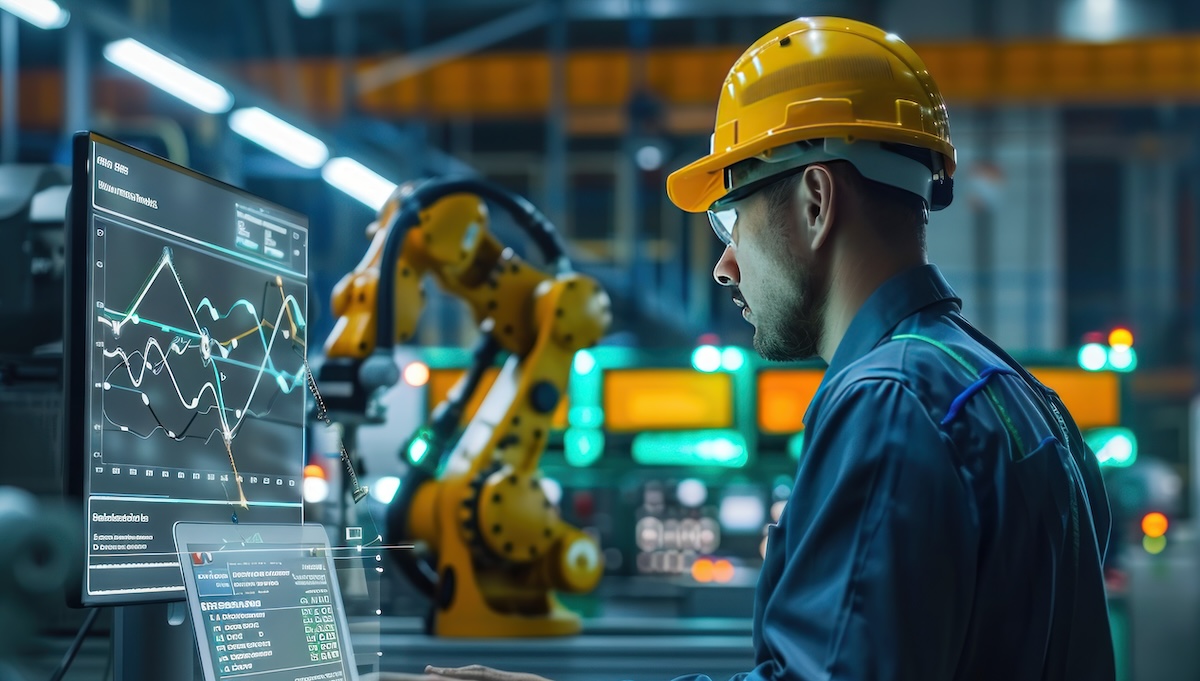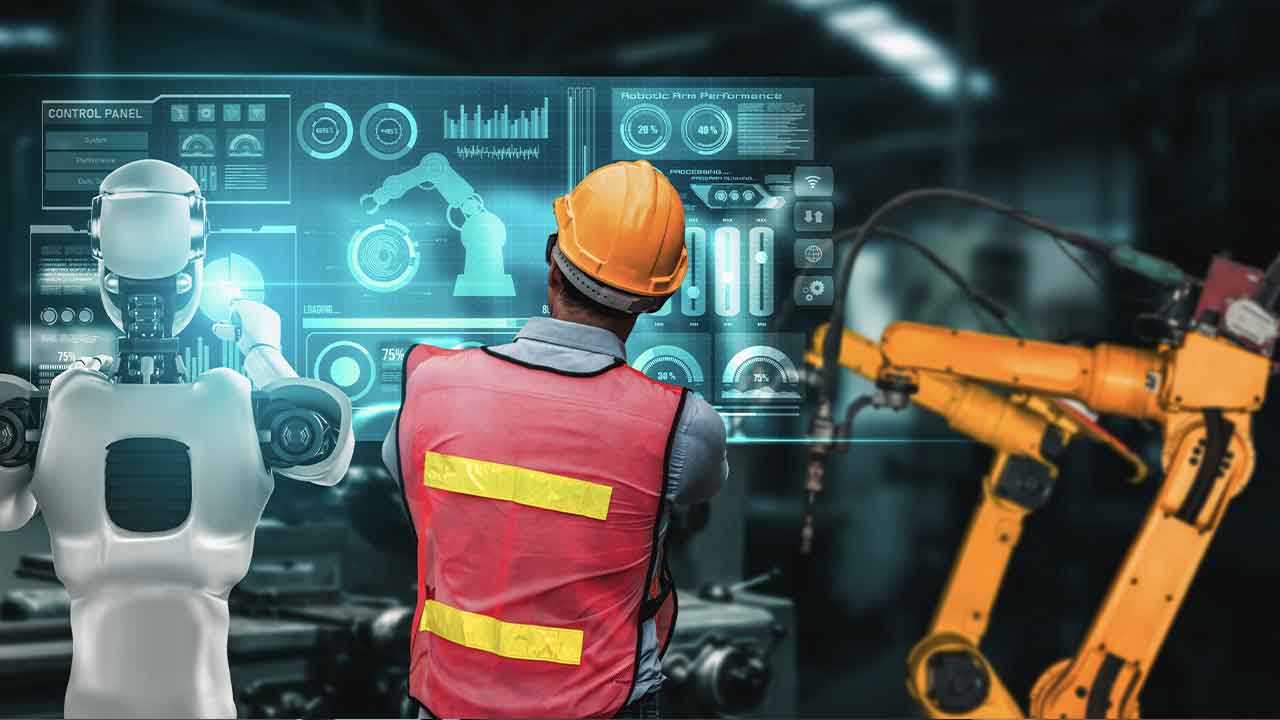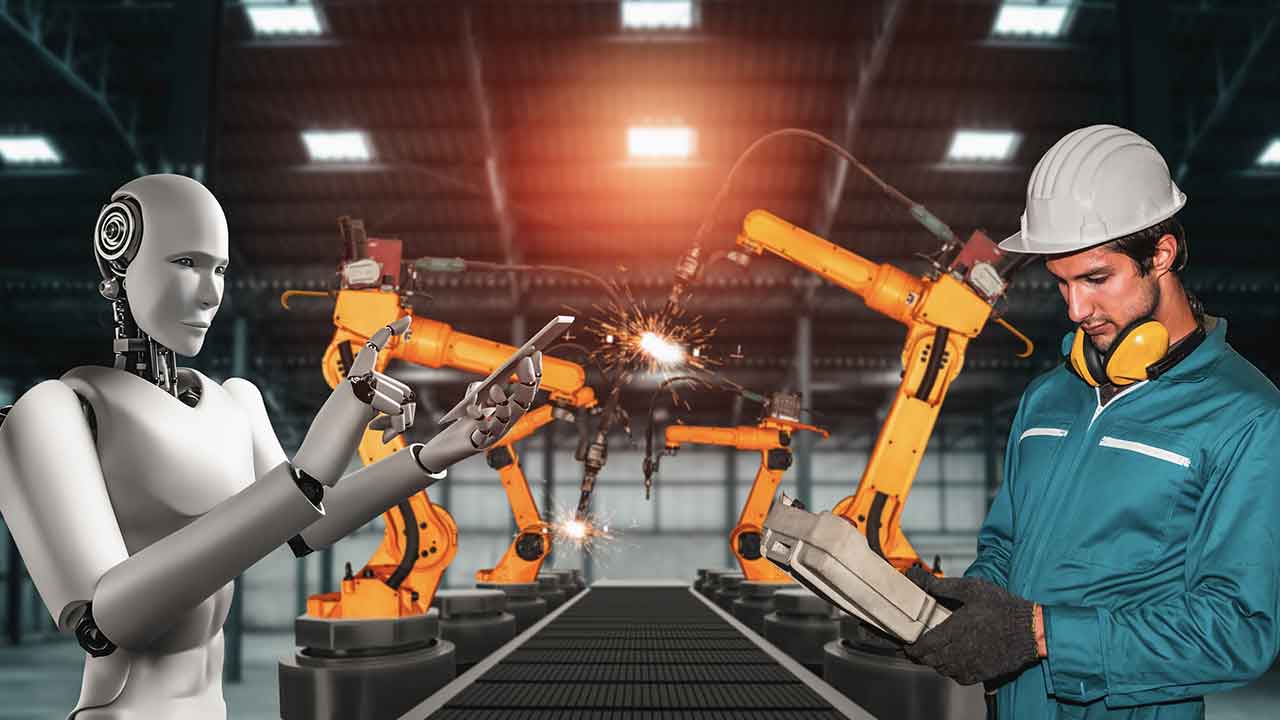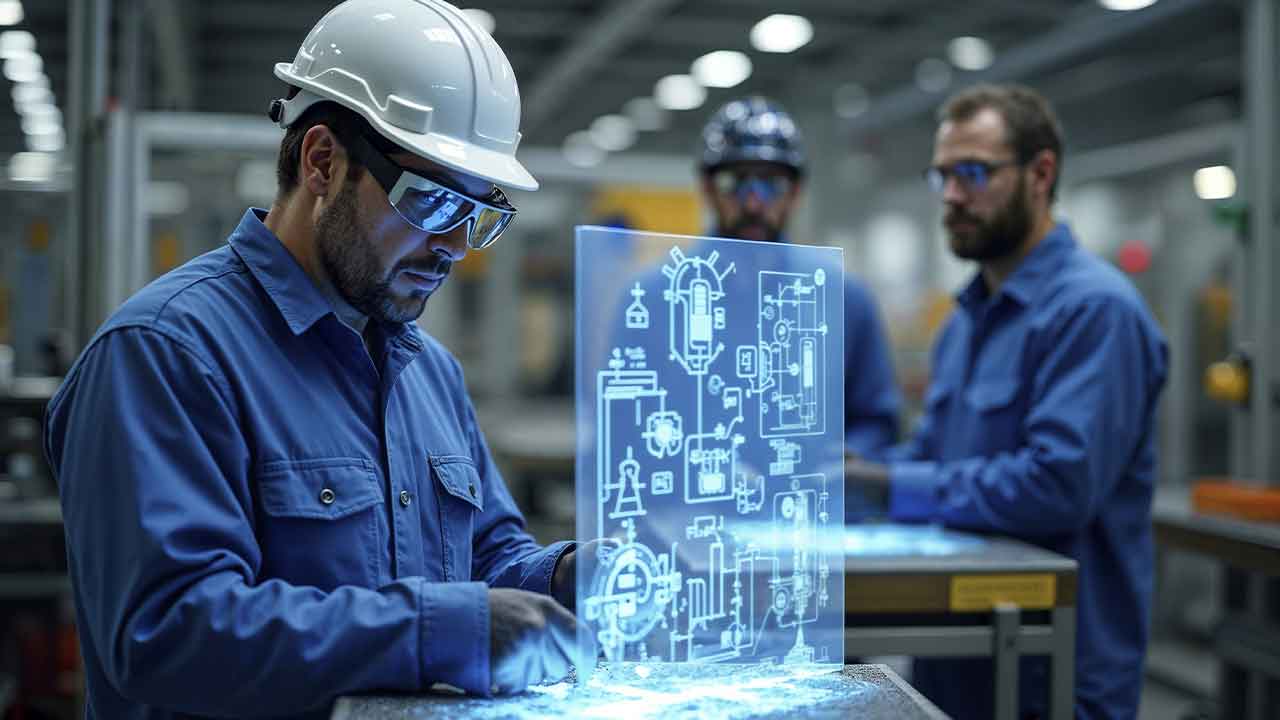AI, Low-Code, and the Evolving Manufacturing Job Market
As Artificial Intelligence (AI) and low-code technologies continue to revolutionize the manufacturing sector, the narrative surrounding job roles is shifting. Rather than leading to the outright replacement of jobs, these advancements are fostering an evolution of existing roles, allowing workers to transition from repetitive tasks to more strategic functions. This evolution highlights the increasing demand for employees skilled in data analysis, process optimization, and AI system management—areas that will become vital as automation takes hold.
Technological advancements have historically changed job landscapes, often enhancing roles rather than eliminating them. For instance, AI and low-code solutions are likely to automate many data-heavy and routine tasks, which can significantly free up human resources for more complex decision-making and creative problem-solving. As a result, manufacturers can expect a burgeoning need for workers who can effectively leverage these technologies to drive operational efficiency.
To thrive in this evolving landscape, upskilling and adaptability are essential. Individuals who embrace AI and low-code tools will find themselves better positioned for success. This means that companies must prioritize training and development initiatives for their workforce. Investing in ongoing education not only empowers employees but also ensures a smoother transition as the manufacturing industry adapts to new technologies.
However, organizations must also address potential challenges. Relying excessively on external consultants to implement low-code solutions can result in extended timelines, inflated costs, and knowledge gaps within the company. To mitigate these risks, manufacturers should focus on building internal expertise and cultivating a culture of continuous learning. Empowering “citizen developers” within the organization can accelerate the adoption of these technologies and ensure that solutions are tailored to specific operational needs.
While AI and low-code technologies present both opportunities and challenges, they also herald a new era for the manufacturing workforce. The focus should be on creating value, fostering innovation, and enhancing employee capabilities to navigate this transition successfully. By investing in people and technology, manufacturers can position themselves at the forefront of this evolving industry.
Source: “Enhancing Manufacturing Processes through AI and Low-Code Integration” session sponsored by FlowFuse at Sustainability and Artificial Intelligence Day, organized by IIoT World.



